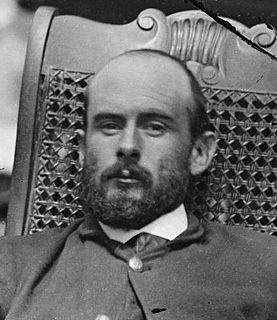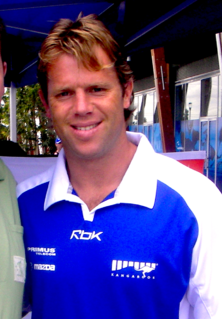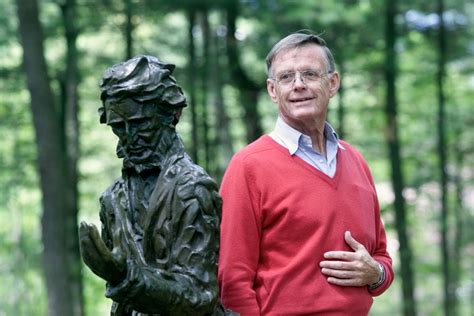A Quote by Charles Francis Adams, Jr.
History thus becomes largely a study of character. Insight into temperament is hardly less important than the probing of "original materials."
Related Quotes
When you start digging into things like character, though, the notion that people have high character or low character is very strong. What's crazy is that my thinking is not a new insight. The very first large-scale study of character, still one of the largest ever, was done in the early 1900s by Hugh Hartshorne, an ordained minister and a scientist.
Every word instantly becomes a concept precisely insofar as it is not supposed to serve as a reminder of the unique and entirely individual original experience to which it owes its origin; but rather, a word becomes a concept insofar as it simultaneously has to fit countless more or less similar cases -- which means, purely and simply, cases which are never equal and thus altogether unequal.
The church must never become a government factory, carrying on a nationalized industry of religion with the people as the bolts and nuts; with God reduced to the role of cramped advocate of current national policy. Surely the pages of history are replete and the examples in many a foreign country convincing that this kind of church-state union-whatever the original motives, or however noble the original purposes-winds up with a state that is less than stable and a church that is less than sanctified, and with the poor still hungry.
The artistic temperament is a disease that affects amateurs. Artists of a large and wholesome vitality get rid of their art easily, as they breathe easily or perspire easily. But in artists of less force, the thing becomes a pressure, and produces a definite pain, which is called the artistic temperament.
The character truest to itself becomes eccentric rather than immovably centered, as Emerson defined the noble character of the hero. At the edge, the certainty of borders gives way. We are more subject to invasions, less able to mobilize defenses, less sure of who we really are, even as we may be perceived by others as a person of character. The dislocation of self from center to indefinite edge merges us more with the world, so that we can feel blest by everything.

































